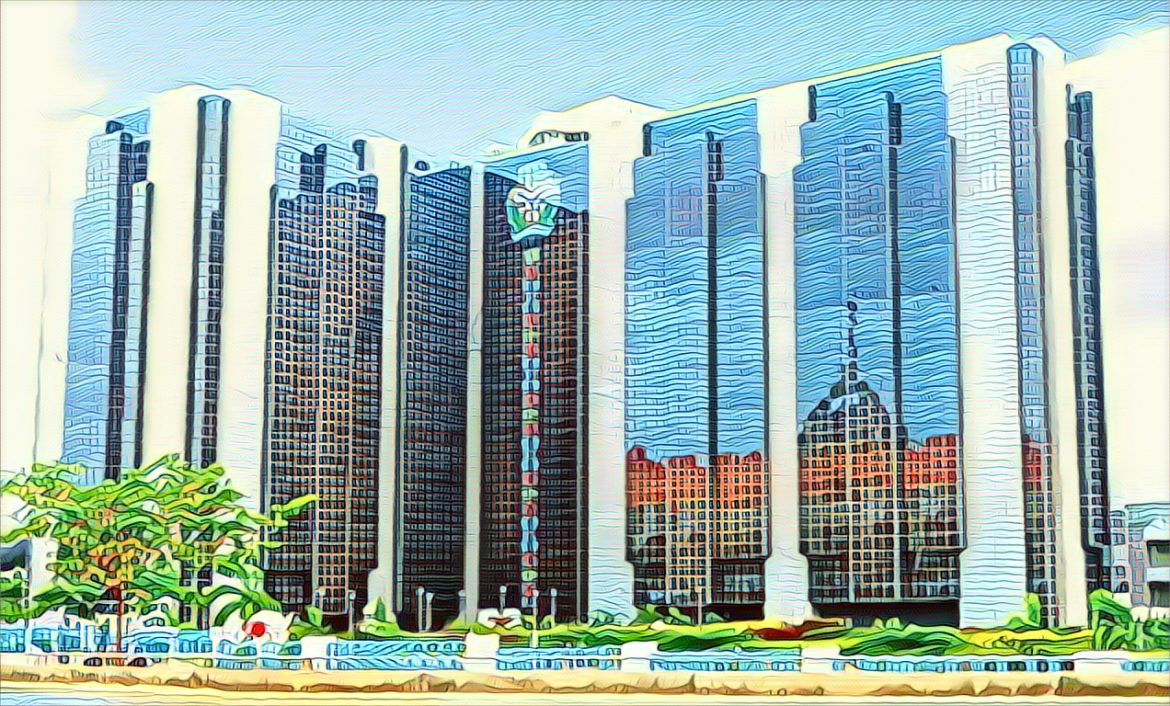Nigeria’s central bank has postponed a meeting of its monetary policy committee (MPC) for the second time since Governor Olayemi Cardoso was nominated to the post in September, raising concerns about the bank’s ability to tackle the naira’s plunge and soaring inflation.
The MPC was scheduled to meet on Monday and Tuesday to decide on the benchmark interest rate, which has been raised twice this year to 18% in an attempt to curb inflation and support the naira. However, the bank’s spokesman Isa Abdulmumin said by text message on Monday that the “MPC is not holding” a meeting this week, without giving a reason or a new date.
The postponement comes amid a deepening crisis in Nigeria’s foreign exchange market, where the naira has lost about 42% of its value this year against the dollar. The naira’s depreciation has been driven by a chronic shortage of dollars, which has hampered imports and investment, as well as the central bank’s decision in June to reduce its interventions in the currency market.
The naira’s weakness has also fueled inflation, which reached 27.3% in October, the highest level since 2005. The inflation rate has exceeded the central bank’s target range of 6-9% for more than six years, eroding the purchasing power of Nigerians and undermining economic growth.
The central bank’s delay in holding the MPC meeting has raised doubts about its independence and credibility, as well as its readiness to implement the necessary reforms to stabilize the naira and rein in inflation. Some analysts have speculated that the postponement could be due to political interference from the presidency or a lack of consensus among the MPC members.
The central bank has not had a permanent governor since June when Cardoso was nominated by President Bola Tinubu to replace Godwin Emefiele, who was suspended and later arrested on charges of fraud. Cardoso, a Harvard graduate and former Citibank executive, has been acting as the governor pending his confirmation by the Senate, which has been delayed by legislative recess and political wrangling.
Cardoso is expected to speak at the bankers’ annual dinner on Friday, where he may shed some light on the central bank’s policy stance and plans. Investors and analysts are hoping that he will announce measures to boost the dollar supply, such as opening up the official exchange rate to market forces, increasing foreign exchange reserves, and attracting foreign capital.
Nigeria, Africa’s biggest economy, has been struggling to recover from the impact of the COVID-19 pandemic, which pushed it into its second recession in four years in 2020. The economy grew by 2.51% in the second quarter of 2023, lower than the previous quarter and the same period in 2022. The World Bank has projected that Nigeria’s GDP growth will slow down to 1.8% in 2023, from 2.1% in 2022.
Despite the challenges, some experts believe that Nigeria has the potential to overcome its economic woes and achieve sustainable and inclusive growth if it can implement the necessary reforms and address the structural issues that have hindered its development. These include improving governance and security, diversifying the economy away from oil dependence, investing in infrastructure and human capital, and enhancing the business environment.
Source: Bloomberg


